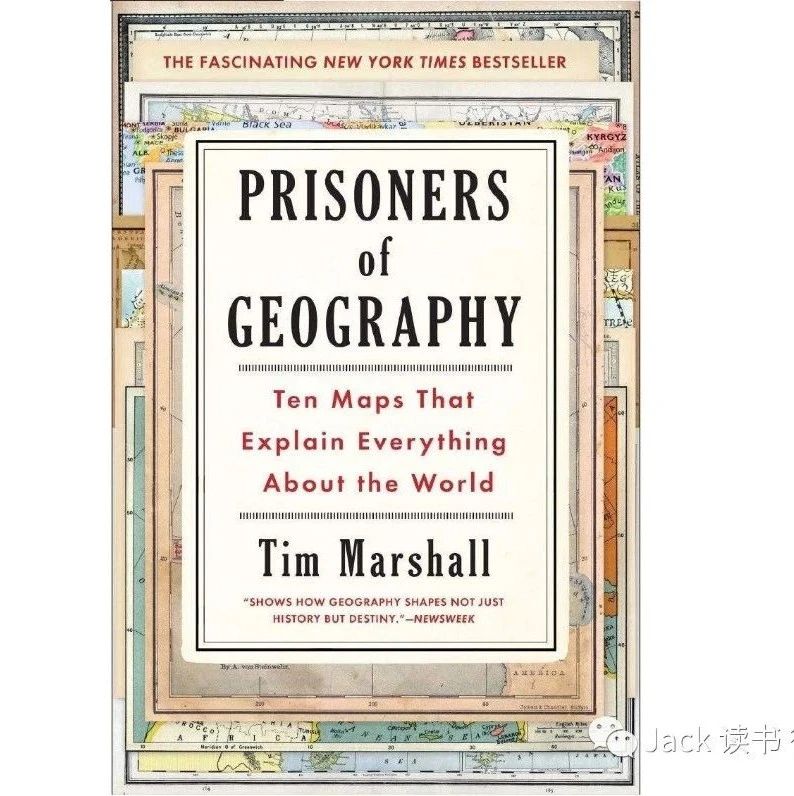Prisoners of Geography 4 - Germany's Geopolitics
Germany’s geography influences its economy policy a lot. Germany’s location in central Europe and the heart of the North European Plain results in agricultural surpluses, which can be shipped off to other nations. But the most important geographical feature that Germany has is there are at least seven major navigable rivers that are used for commercial purposes like the Rhine, the Danube, the Elbe, and several others. Together with its position in central Europe, Germany has become the third largest exporter worldwide and possessed one of the most prosperous economies in the world, accounting for a considerable portion of the world’s GDP. Even though Germany is the third largest exporter, one of the economic challenges is how to narrow down the stark wealth disparity within the country, especially between the western and eastern parts. Additionally, Germany’s economy relies on exports very much, which is very dangerous during wartime or an economic crisis.
Germany’s culture and politics possess a huge impact on the past and today. Historically, the land that Germany now occupies was the center of the Holy Roman Empire, which was a collection of small kingdoms, principalities, duchies, and city-states. It is a very important empire in European history, and engaged in many wars that changed Europe a lot. Moreover, today, there have been multiple forces in the mainland of Germany, and they all developed independently until 1871. Berlin, Hamburg, Cologne, Frankfurt, and Munich all hold political and cultural power, which results in widely decentralized political power. This decentralization influences Berlin’s political objectives, such as ensuring territorial integrity by maintaining a complex political balance between the federal states within the country. This decentralization also splits the government between Berlin and Bonn. This format, in many people’s eyes, is a waste of money and time, and it indeed affects the decision-making of Germany.
Germany must keep its political and economic objectives in order to secure EU trade, economic parity, and political unity. Only through achieving its objectives can Germany contribute more positively to the world.
- 本文标签: 原创
- 本文链接: http://www.jack-utopia.cn//article/488
- 版权声明: 本文由Jack原创发布,转载请遵循《署名-非商业性使用-相同方式共享 4.0 国际 (CC BY-NC-SA 4.0)》许可协议授权










